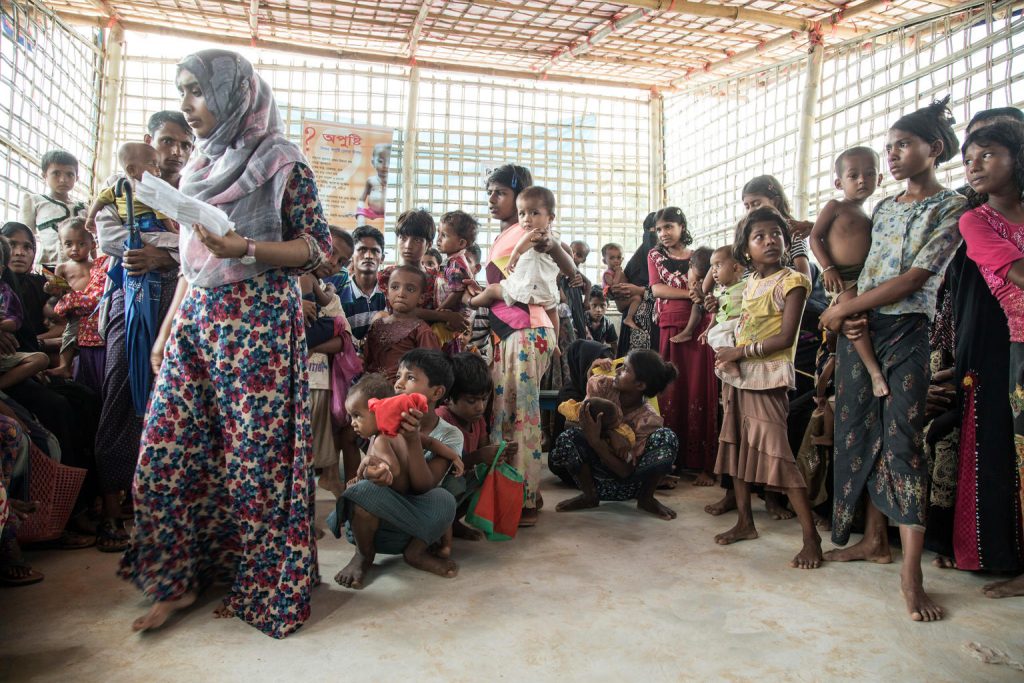The Rohingya, a Muslim minority group from the northern part of Rakhine State (formerly Arakan) in Myanmar, is among the most vulnerable of the world’s refugee communities. This study aims to shed light on gender-based violence among documented Rohingya refugees living in the Kutupalong camp located in the Cox’s Bazar district of Bangladesh. As refugees, they are not allowed to find employment in Bangladesh. At the same time, state support is minimal, and so they have to eke out a living from whatever work is available.
The mobility of refugee men is highly restricted by violence and intimidation, which forces refugee women into the role of the family’s breadwinner. Despite this, the women’s status has not improved in either the family or the community. On the contrary, the women are exposed to increased violence from their families, the refugee community and outsiders. Though all refugees suffer violence, women face it both inside and outside the home. Their precarious political status as refugees and a lack of community support in the camps combine to increase their vulnerability.



